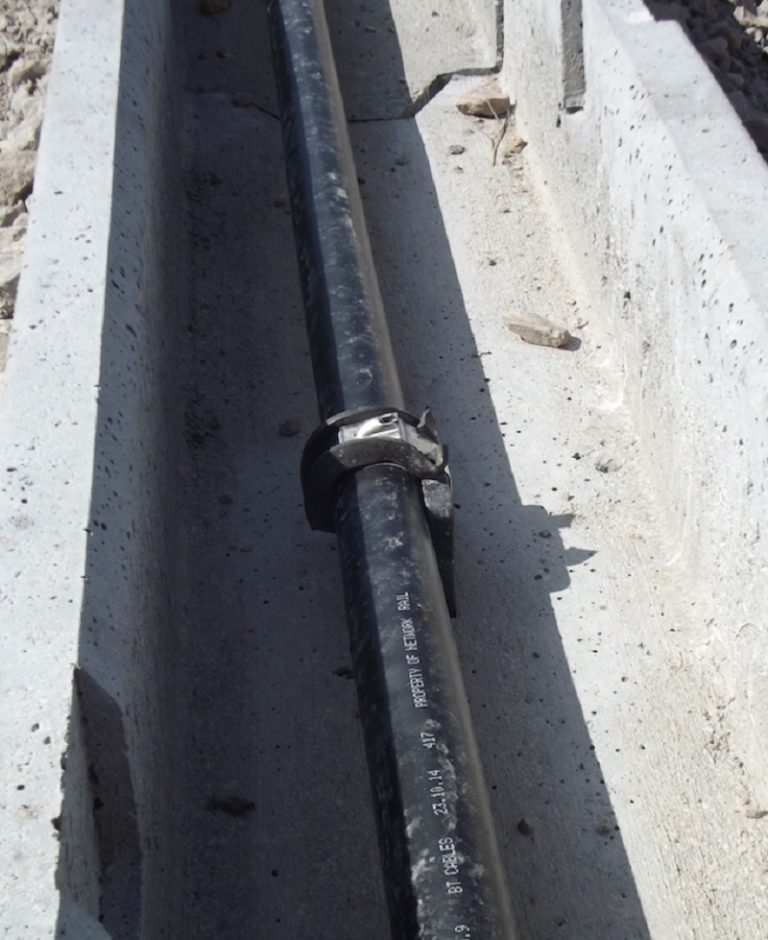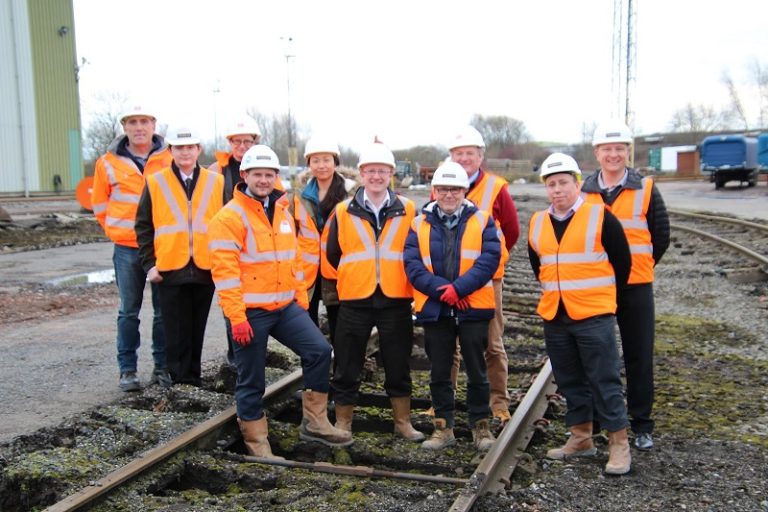The UK once played a starring role in producing some of the world’s most valuable fossil fuels and minerals, and while the ‘golden age’ of mining may be consigned to the past, mines continue to leave a legacy on the land. Historic mines have the potential to impact today’s developers, property owners and purchasers, and if not identified early on during a project or sale, could wipe thousands off a land or home’s value. Historic mining activity is still affecting the modern property and land development market, and it’s not just in known mining hotspots such as Cornwall, with an estimated 150,000 abandoned mines across the UK – from Lands’ End to John O’Groats. Identifying and remediating mining risks can not only help in the construction of a safe development, property or public area, but can also play a significant role during sale negotiations if a mining search is conducted early enough – potentially saving hundreds of thousands of pounds. Paul Raglan, Managing Director, Mining Searches UK, outlines how and why mining searches are crucial in today’s property and land markets, and while often seen as an inconvenience, can play a vital role in not only mitigating risk and negotiating best price, but can be a fundamental factor during development design. Damage Limitation Mining searches are essential for any piece of land to determine whether there is evidence of historical mining activity beneath it, or in the surrounding areas. This is important even for areas where there are no obvious signs of mining as closed mines leave very little, if any, evidence on the surface, but still have the potential to cause major problems if not investigated. Mine workings commonly run long distances beneath the ground from mine shafts and extend beneath land that is due to be developed – as well as existing residential properties. These shafts and tunnels could potentially cave in if not properly dealt with, causing subsidence and damage to buildings above them – so it’s important that this is addressed before this situation arises to not only save further financial investment in the future, but to also safeguard the lives of those living above. Today, closed mines are capped and filled in to stabilise them and minimise risk, but old mine-shafts were not always dealt with in this way. Cases of old shafts collapsing and causing damage to houses are regularly reported, and while being an obvious risk to safety, can also dramatically reduce the value of land. To ensure land is purchased and sold at the best price, it can prove valuable to know the finer workings of the area in question, given sizeable sums of money are often at stake. Developers aware of land with a known mine, can potentially negotiate value down considerably – but only if they are willing to invest in further investigations and remediation. Once completed, this can potentially propel value up by over 100% dependent on location. Detailed Design There are also environmental issues associated with old mine workings. Topsoil containing dangerous, naturally-occurring elements such as arsenic may be present, which can dictate where various developments can or can’t take place. For example, areas with arsenic present are usually not suitable for home gardens or parks but are safe when surfaced with concrete, and can be used for car parks, playing fields or roads. Identification of these areas is key to not only minimise land wastage, but this information can better inform early development designs and plans, putting every available space to best use. Essential Expertise Before any negotiations, plans or exchanges take place, it is crucial to call the experts in. A team of specialists will check all available archived records of the land and surrounding areas – including Aerial surveys and Ordnance surveys, town plans, estates and maps, as well as using research from mining historians. Using all this information, a full risk assessment and conclusion should be provided as part of a detailed report. Where significant mining features are identified, ground investigation is recommended to clarify any associated risks. In the worst-case scenario, where investigation confirms the presence of mining features, property can be rendered unsuitable for mortgage and available for cash purchase only, often with a commensurate drop in value. It is always wise for developers of new communities to eliminate the risk of this happening from the start by ensuring that thorough mining searches have been conducted on any piece of land due for development, and not just those earmarked for residential areas. Some developers purchase land direct from construction or remediation companies, which have already taken steps to address mining concerns – including remediation – leaving developers free to press on with their plans. However, developers need to ensure that a trusted and industry recognised mining search organisation has been used by the seller, as well as requesting all certificates to ensure that the land is completely safe for commercial or residential construction. Although the results of a mining search can often uncover unwelcome information, knowledge really is power, and it is crucial to detect and fix potential problems before they occur. While many of the UK’s mines closed decades ago, they are still a key consideration in today’s property and development industry. By addressing at the earliest possible stages, developers can not only save time and money in the long term but can also ensure the construction of safe and attractive communities, designed around the best use of the land. https://www.miningsearchesuk.com/















